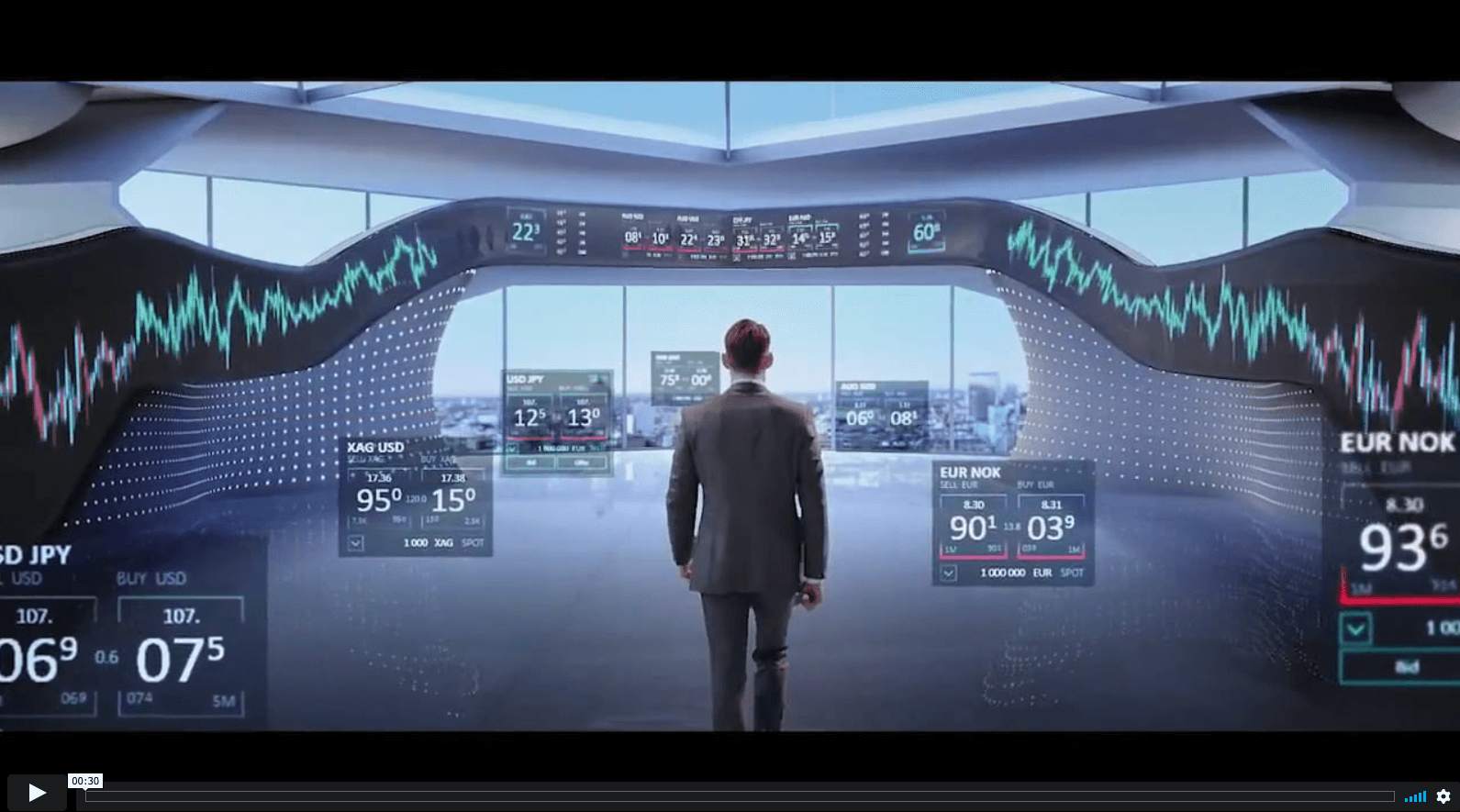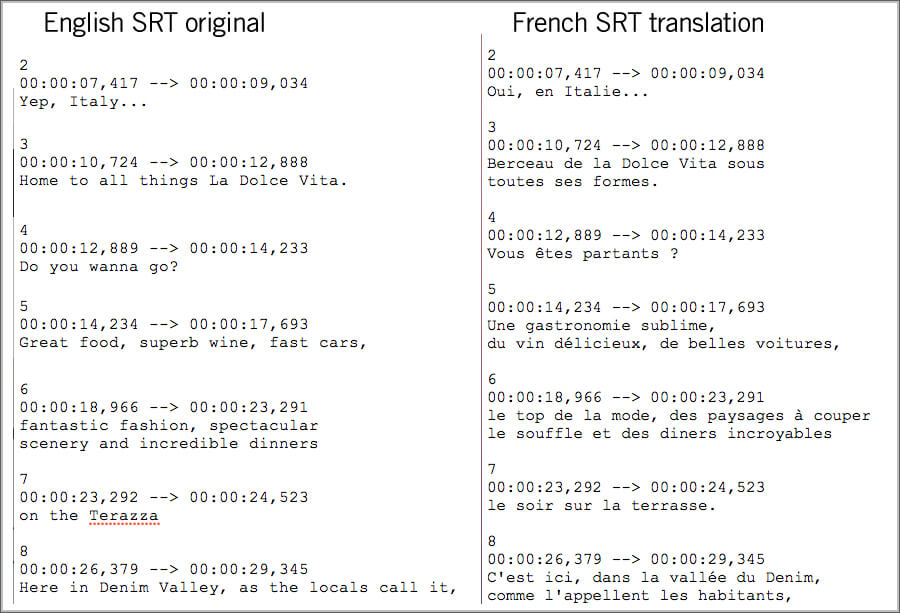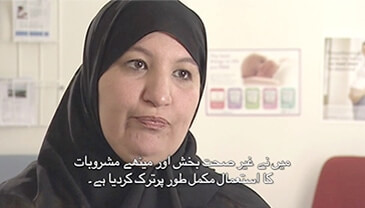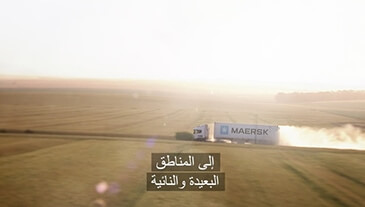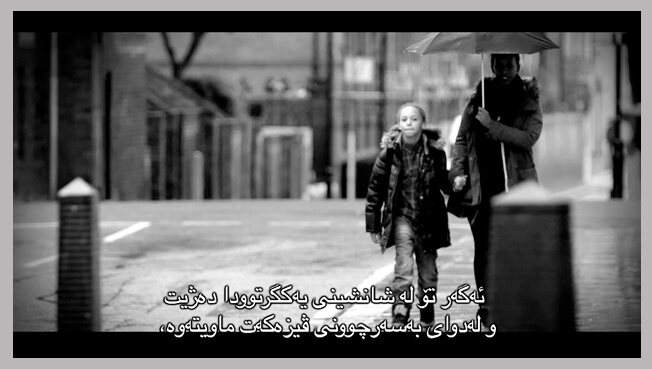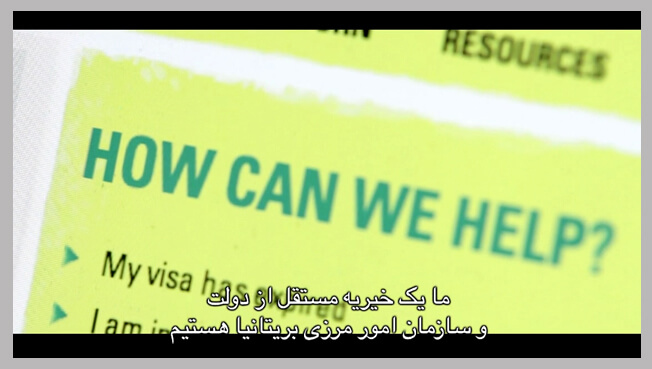Rawan
Rawan is a professional female Arabic voice artist with a native Levantine accent. She has a clear and professional voice-over style which makes her ideal for documentaries, IVR telephone prompts, corporate video and business presentations.
Shady
Shady is a professional British English/Arabic Voice Over Artist located in Cairo, Egypt. He works from within his own home studio and is very proficient with his recording, audio editing and mixing skills.
Asma O
Asma is an Arabic voice artist with experience in recording commercials, IVR messages, narrations and eLearning projects in Arabic. Her voice can range from deep and rich to high and childlike, she is very versatile.
Professional audio editing
Adelphi offers professionally edited audio as a standard for all of our voice over projects. What exactly does this mean? Go here and we will have a look at what we do with the audio before delivering it to our clients, changing the ‘raw’ unedited audio data into professional, clean-sounding voice-over files. Included in our quality checks are, listening to the audio to check for any errors, that the pronunciation is correct, all segments have been recorded, timings are right and the files are correctly split and named; we take out any overly long pauses and normalise the levels so all the audio is of the same volume.
Arabic voice-over talents
We work specifically with professional talents so that we maintain our level of quality and professionalism. Each of our talents has their own rates that they work with, this being based on the region they are from, the nature of the project and if they are part of a union. In a one-hour recording session, our talents can record between 1,500 – 3,000 words of voice-over, which is 10 – 20 minutes of audio. This depends on the speed required for the project; e.g. slow for audiobooks and narrations, regular paced e-learning, or fast for commercials.
Voice-over usage fees
This is a complex subject as each of our talents has their own rates for the usage fees. Some talents will charge a fee and some will not. Things to consider with the buyout fees is where the material will be shown such as radio; is that local radio, regional radio or national radio?
The usage fee will also depend on the country the voice artist is based in as there is no international standard rate. We recommend you approach us first and let us know the nature of the project and the budget you have. We will then provide you with the talents that are flexible enough to work within your needs.
Arabic-accented English voice artists
English voice-overs with an Arabic accent. Our Arabic voice artists speaking English offer great options for your Audio project. Adelphi provides Arabic-accented English voice recordings to customers all over the world.
Arabic voice-over translations
Our experienced translation team will work with you to fully understand your project in order to effectively manage the workflow from concept to completion. Adelphi ensures that all our translators are professional and work only into their mother tongue. This ensures accuracy.
If the Arabic audio is going to be used over a video, then the voice-over translation could include time-codes to help the engineer sync up the audio to the video.
The style of translation is important for voice-over translations and should reflect the genre, e.g. if it is for marketing, public information, drama etc. The audio translator will have a copy of the video as a reference and is instructed to translate using a style to match the source material. All our translators have signed an NDA (non-disclosure agreement).
Transcription services
We also provide transcriptions from audio or video in any language, which can be used for processes like providing time-coded transcripts for translation. The length of many languages will expand when compared to the original English and care must be taken in the translation to keep the true meaning of the English, while staying within the time frames allowed in the audio/video. Depending on the language, we sometimes have to edit the English to make a more concise version of the original; this is because the spoken version of many languages is much longer than the English and may not fit in the allocated time slot. In these cases, we will, of course, discuss the edited English with you first before we begin translation into Arabic.
Subtitling option
Subtitling can often offer a cheaper alternative to voice-overs, at Adelphi we also produce English and Foreign language subtitles in over 80 languages. So if your not sure which is best for your project, voice-overs or subtitles give us a call or drop us an email and we will answer any questions you have.

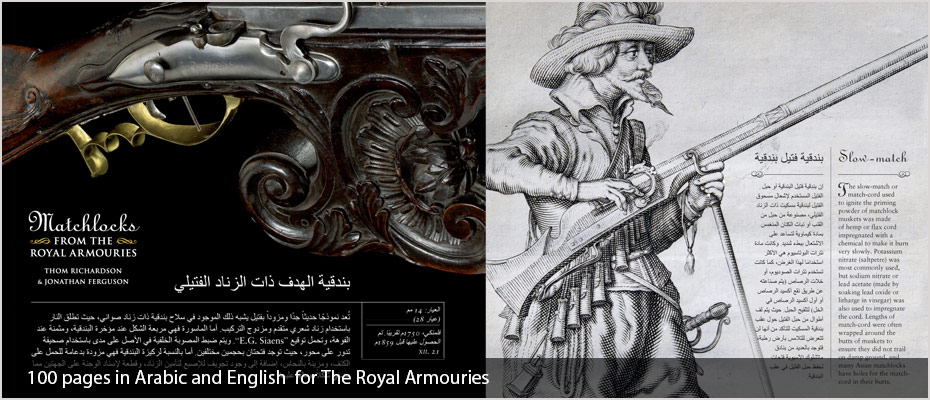
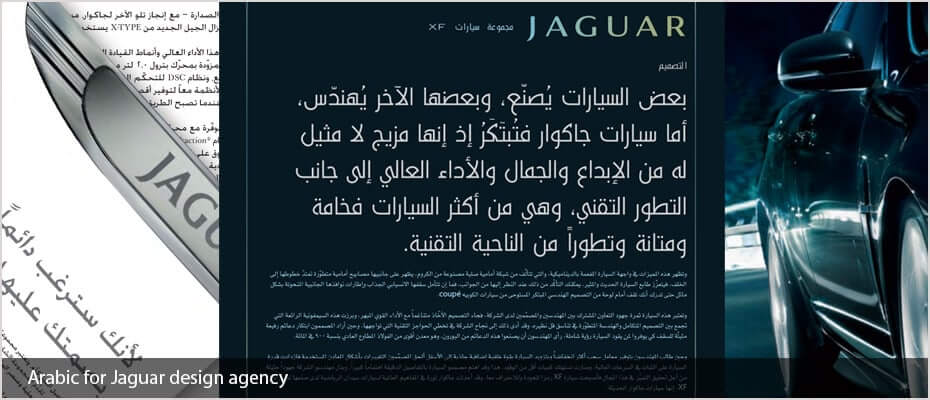
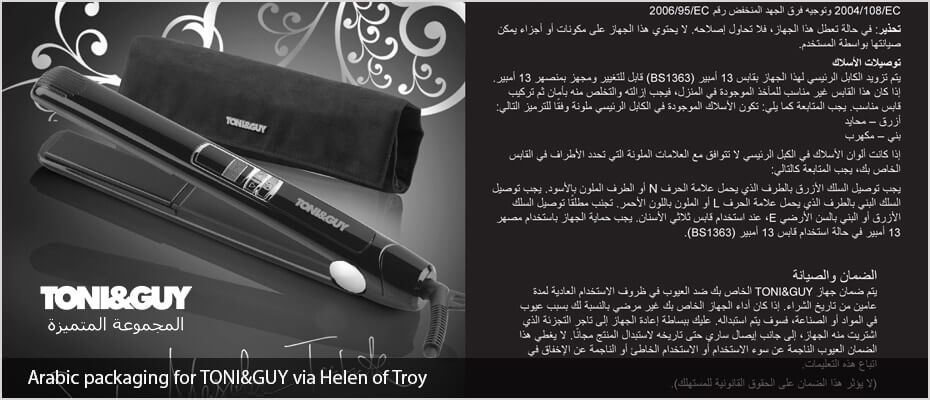
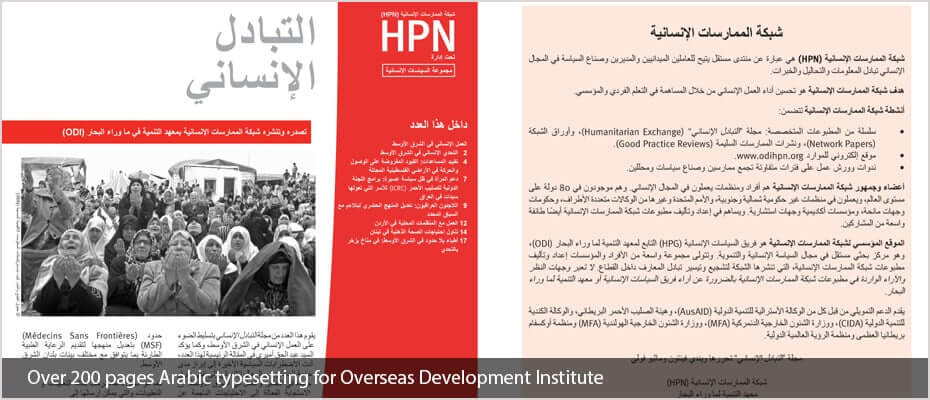
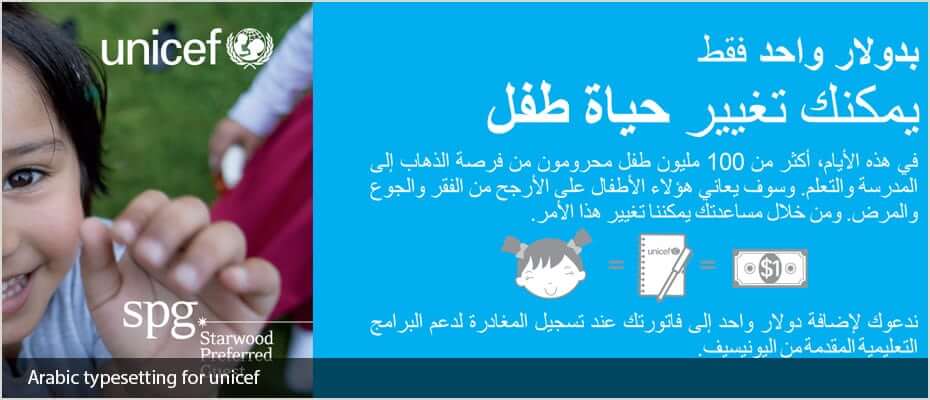
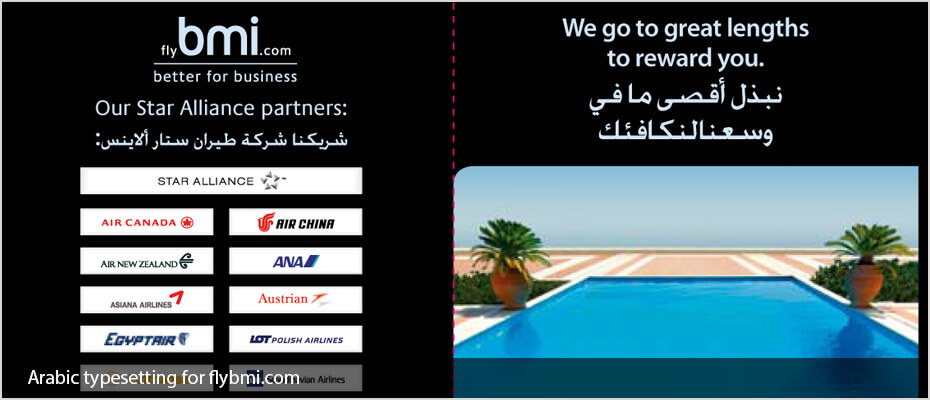
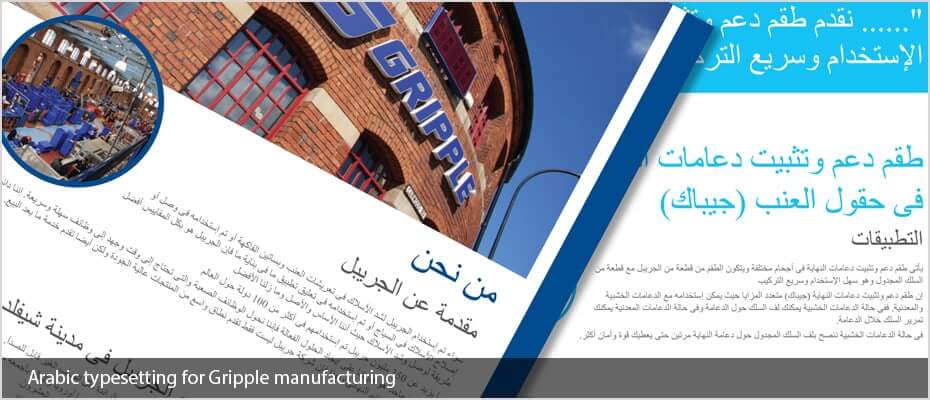
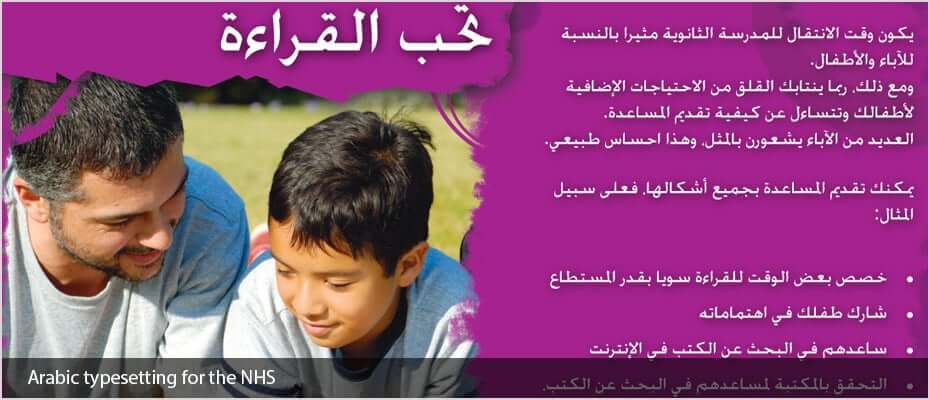
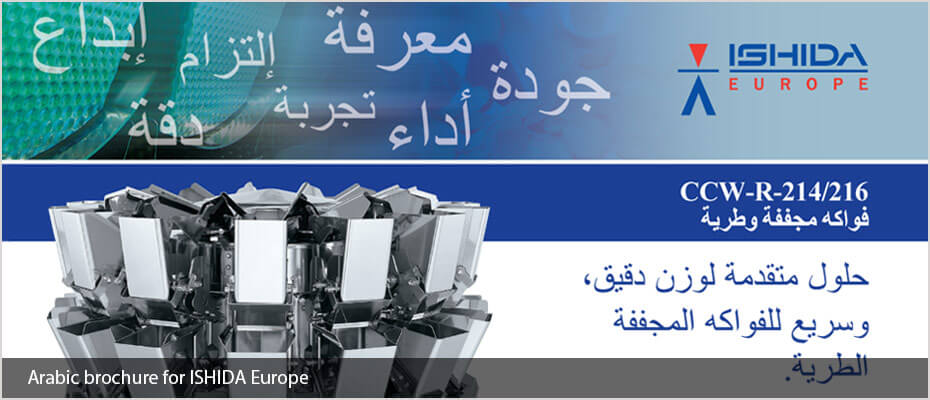
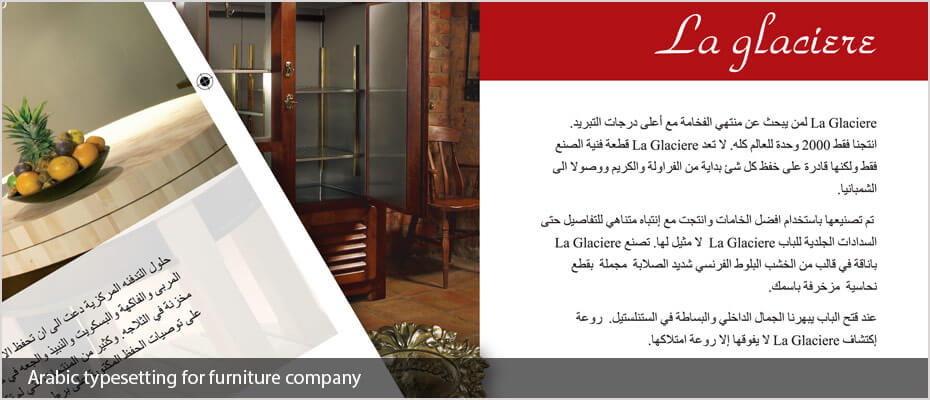
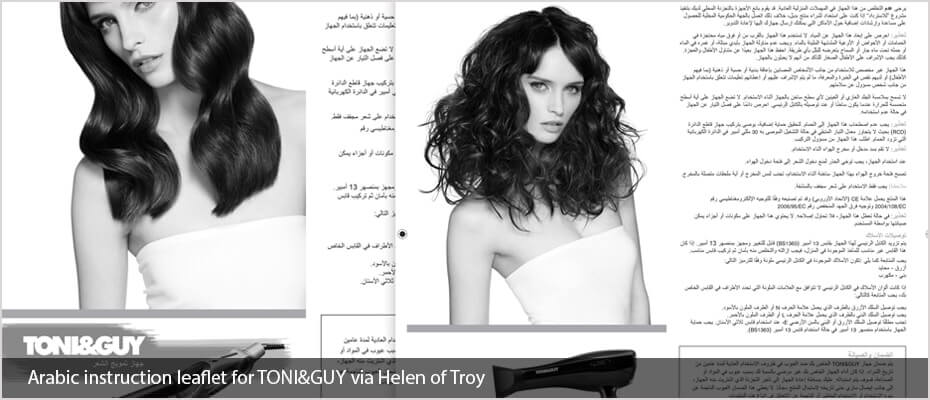
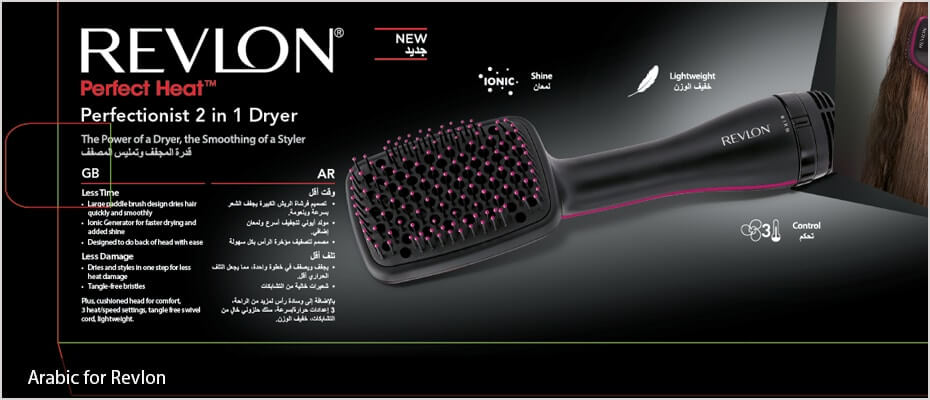
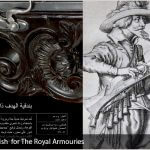

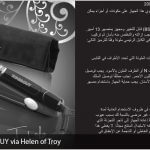
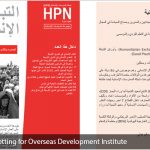




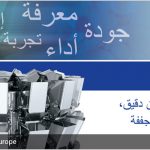
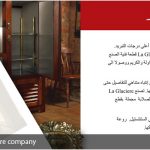


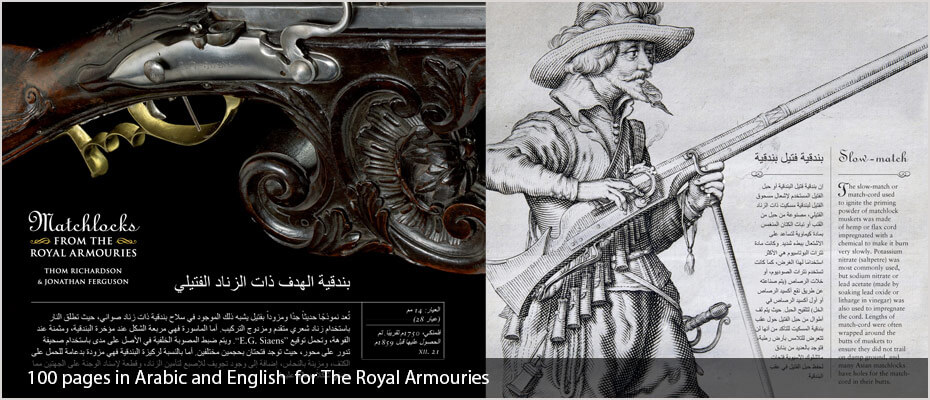
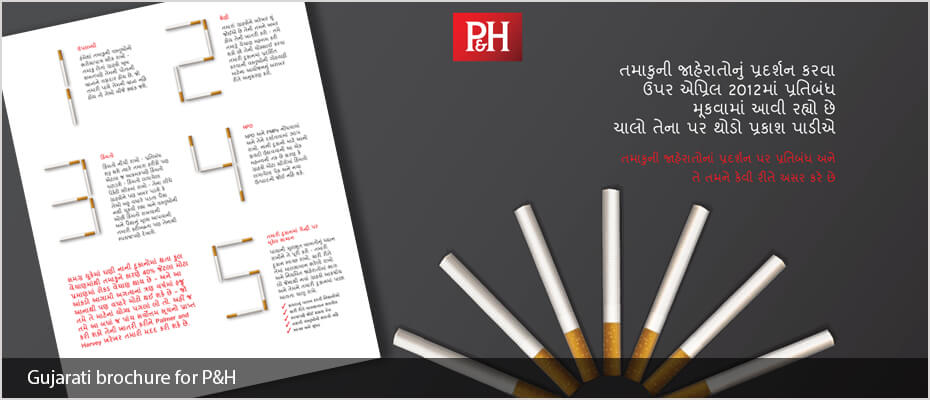


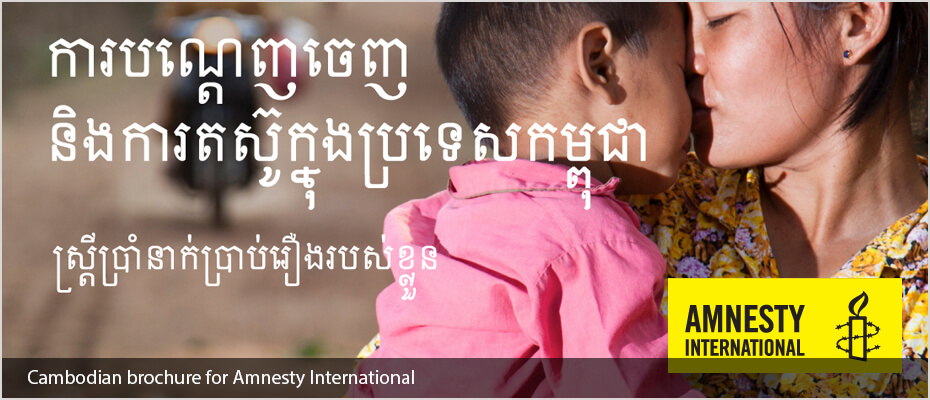
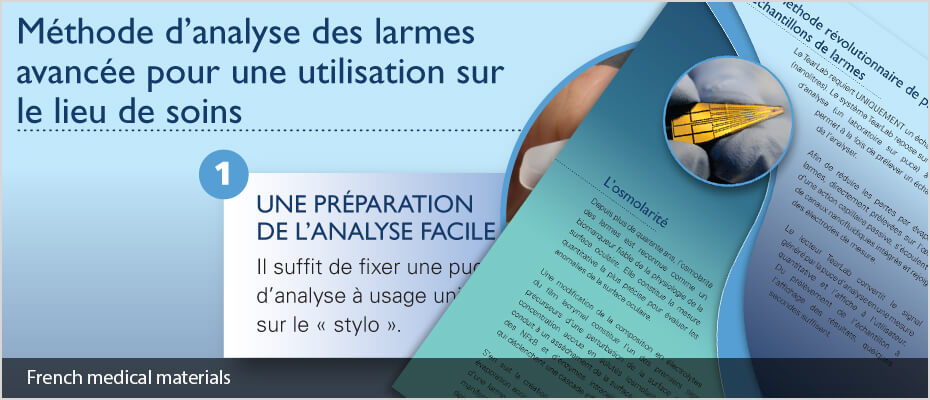
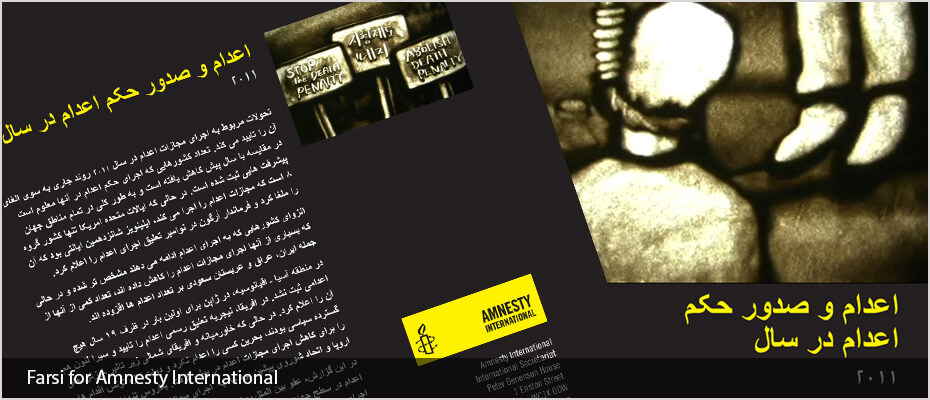
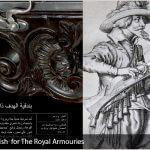


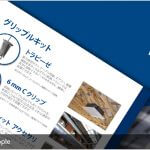
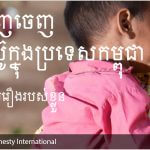
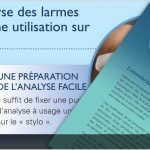
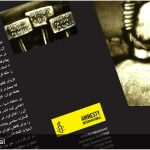


 ">
">
